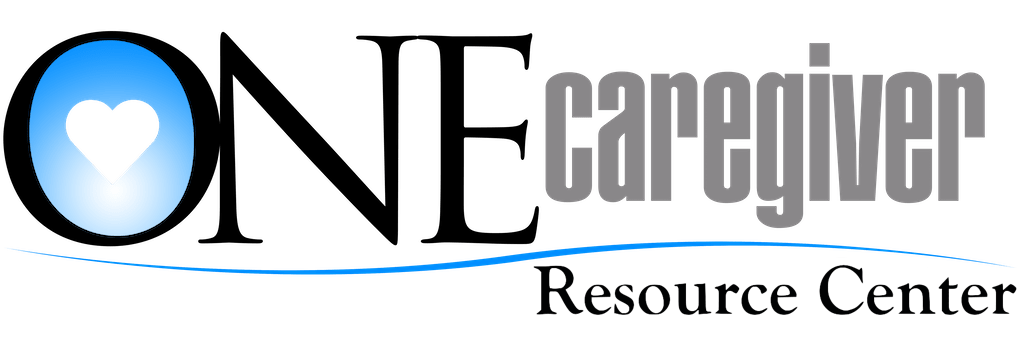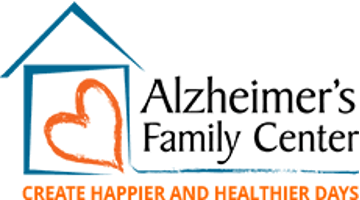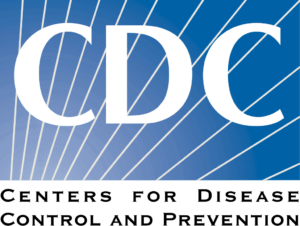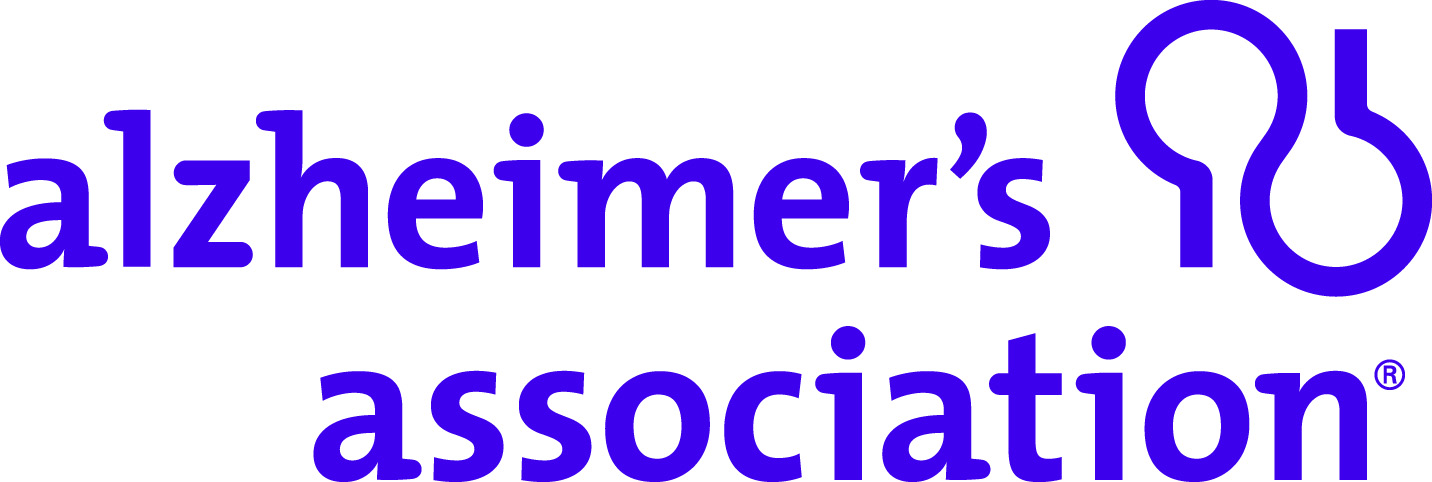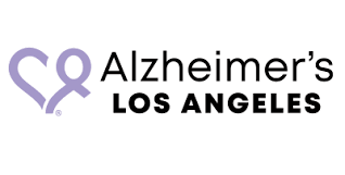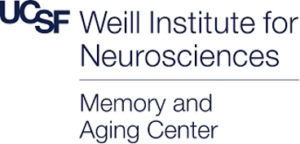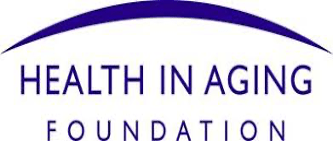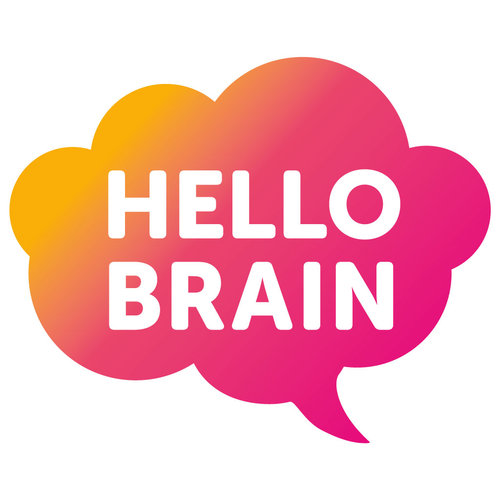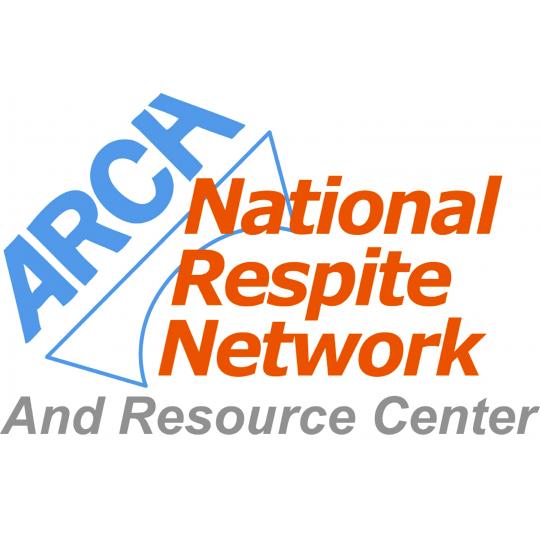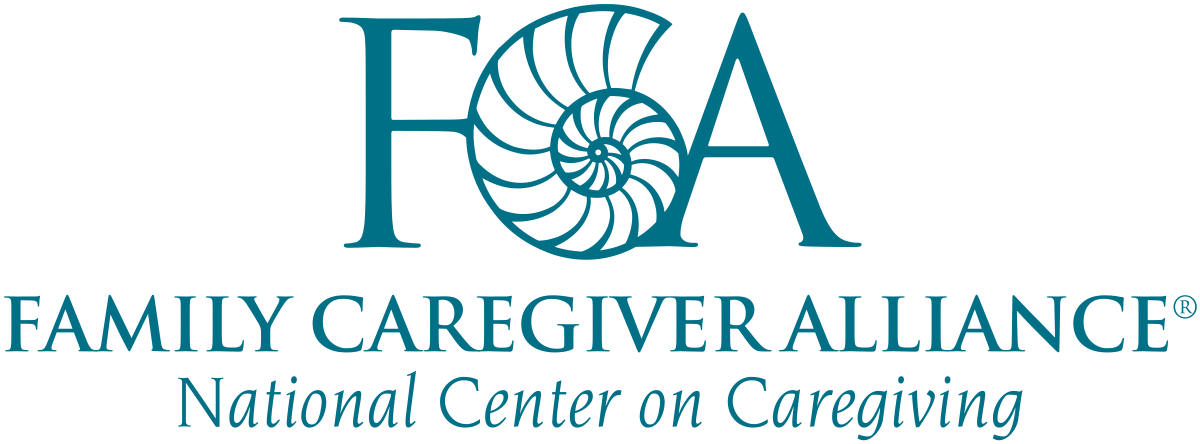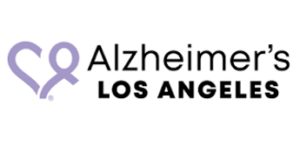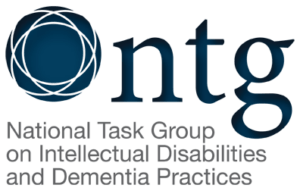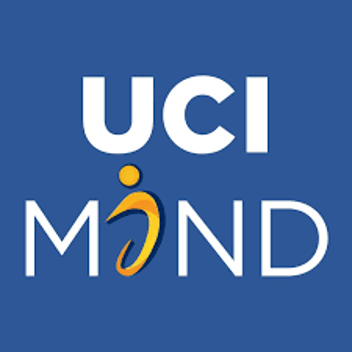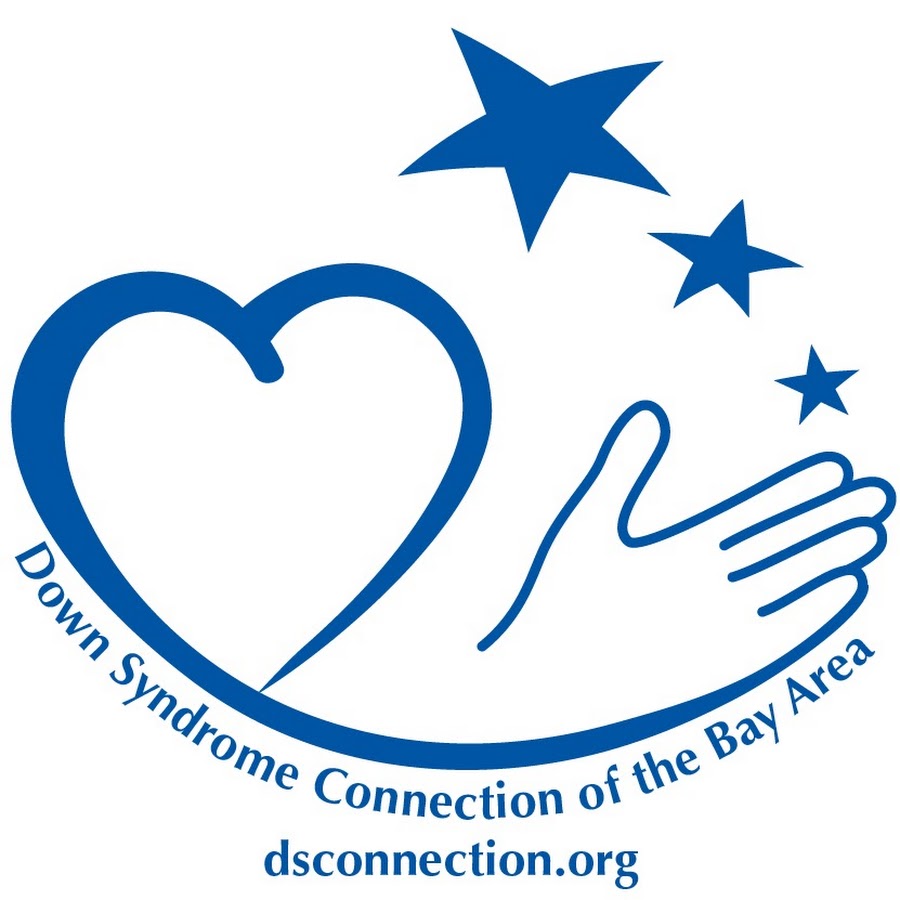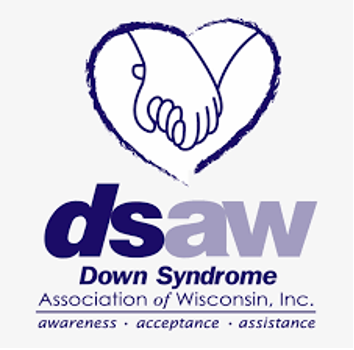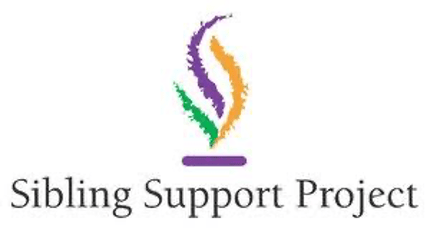Self-Care and Respite for Caregivers
Family caregivers play a critical role in providing supports to individuals with intellectual and developmental disabilities. With the continued increase in life expectancy, caregiving responsibilities are expanding to include, not only aging parents but also adult siblings and family members. Caregiving is a long-term, often full-time responsibility, with caregivers frequently juggling these demands with full or part-time employment, parenthood, and their own health issues. Because of this, self-care is difficult to prioritize, yet instrumental, which simultaneously benefits caregivers and their loved ones.
Caregiving for an Adult with an Intellectual and Developmental Disability and Dementia
Memory Care
MemoryCare.com is an online platform that provides informational resources and support to help everyone make informed decisions about memory care. Many families with aging adults are unaware of the several available memory care options and programs in their area that can help them support a high quality of life. MemoryCare.com creates articles that help seniors and their families develop a better understanding of dementia, the types of care available, and how to manage costs.
The Seven Hills Foundation
Caregivers play an important role in the overall wellness of individuals they support. The Seven Hills Foundation has written A Caregivers Resource Guide, for families of adults with an intellectual and developmental disability (I/DD) and dementia, to be used as a tool, to provide helpful information to anyone who cares for adults with I/DD.
The Alzheimer's Family Center
The Alzheimer’s Family Center has created a free online library that is dedicated to individuals caring for a loved one with Alzheimer’s or another dementia. The books, which are in English, Spanish and Vietnamese, address the most common educational topics relevant for equipping family caregivers with the knowledge and skills they need to best care for themselves and their memory-impaired loved ones.
The National Institute on Aging
The NIH National Institute on Aging, has extensive information and articles to assist caregivers in learning how to respond to changes in behavior and relationships, caregiving, overall safety and tips for taking care of yourself.
Identifying Changes and Managing Stress
The Centers for Disease Control
The Centers for Disease Control (CDC) has determined the health of caregivers to a public health priority due to the physical, emotional, and mental strain on the family. They offer information on caring for yourself when caring for another, which is also translated into Spanish.
The Alzheimer's Association
Those caring for a family member with Alzheimer’s disease have reported higher levels of stress, which can manifest in anger, social withdrawal, depression, and physical health problems. The Alzheimer’s Association provides a 24 Hour Helpline, which accommodates more than 200 languages. In addition to this, they provide online information on caregiver health, which includes, 10 Symptoms of Caregiver Stress and Tips to Manage Stress which is also offered in Spanish, Symptoms, and Treatment of Depression, Being a Healthy Caregiver also in Spanish, Changes to Your Relationship and Greif and Loss as Alzheimer’s Progresses. There are many considerations when caring for a loved one with Alzheimer’s disease, the Alzheimer’s Navigator helps guide Caregivers to answers by creating a personalized action plan through linkages to information, support, and local resources.
Alzheimer's Los Angeles
To assist caregivers with the challenges of caring for a loved one, Alzheimer’s Los Angeles has created a variety of videos on self-care. Click Here and scroll to learn about Caregiver Tips, Activities of Daily Living, Caring for Those with Alzheimer’s: African American Voices, The Faces of Caregiving, designed to address Alzheimer’s Disease and related dementias in the Japanese and Japanese-American community, Take 5, a series of mindfulness techniques, and, Lost Memories, a 4 part telenovela, in both English and Spanish. Alzheimer’s Los Angeles has also created 18 easy to understand caregiving Tip Sheets that are available in English, Spanish, Chinese, and Japanese.
The University of California San Francisco
It is common for a person with dementia to have challenges with complex instrumental tasks, changes in their personality and behavior, or impaired judgment. The University of California San Francisco offers practical advice and information on, navigating daily challenges, changes in personality and behavior, support options, addressing family conflict, and self-care.
The Health in Aging Foundation
The Health in Aging Foundation is committed to maintaining the health, independence, and quality of life for all older adults. Click here and scroll to learn tips to stay safe in the home, ease agitation and aggression, manage sundowning, improve sleep, and discourage wandering. They also provide an online Caregiver Health Self-Assessment, to help caregivers assess their behavior and health risks. Your score will be analyzed and recommendations will be provided. The assessment is available in English, Spanish, Greek, Russian, Italian, and Nepali.
Hello Brain
Hello Brain is committed to improving the mental health of adults to enhance their quality of life. Originated in Ireland, Hello Brain provides practical support to caregivers and tips on managing challenging behaviors.
Respite
The ARCH National Respite Network and Resource Center
Respite care services provide caregivers with temporary relief from caring for their loved ones, allowing them to renew their energy and restore a sense of balance in their lives. The ARCH National Respite Network and Resource Center was established to promote the development of quality respite and crisis care programs. The ABCs of Respite: A Consumer Guide for Family Caregivers to help caregivers understand the various types of respite care, fact sheets, for those caring for an adult with intellectual and developmental disabilities and/or dementia, and a National Respite Locator to assist caregivers to find an appropriate program and services for their loved one.
Family Caregiving Alliance
The Family Caregiving Alliance has a wealth of resources on Grief and Loss, Health, General Self Care, Relaxation & Meditation, Spirituality, and Stress. In addition to this, they offer webinars on a variety of caregiving topics and Services by State Directory to help caregivers locate public, nonprofit and private programs.
IDD/ADRD Support Groups
Alzheimer’s Los Angeles
The Alzheimer’s Association Los Angeles offers a monthly support group for caregivers of people with intellectual and developmental disabilities and Alzheimer’s disease/dementia. The group meets virtually and is held the 1st and 3rd Wednesday of the month from 4-5pm (PST). For information contact Sharon Miller at [email protected]
The National Task Group on Intellectual Disabilities and Dementia
Participating in a caregiver support group can assist in reducing isolation, depression, and anxiety while promoting a sense of empowerment and control. The National Task Group on Intellectual Disabilities and Dementia (NTG) is committed to supporting family caregivers. Click here and scroll to learn about their Family Advocacy Work Group, and Online Family Support Group. The NTG provides additional caregiver support through a Caregiver Newsletter and a private Down Syndrome and Alzheimer’s/Down Syndrome Regression Facebook Group.
UC Irvine Institute for Memory Impairments and Neurological Disorders
UC Irvine Institute for Memory Impairments and Neurological Disorders (UCI MIND) is the University’s center for aging and dementia research. In partnership with Alzheimer’s Orange County, they have established a free monthly education and support group for family caregivers of individuals with Down Syndrome who are concerned about Alzheimer’s disease. Contact them directly for specific days and times.
Down Syndrome Connection of the Bay Area
If you are caring for someone with DS who exhibits symptoms of Alzheimer’s disease or a related dementia please join us in this monthly virtual meeting. Meeting Times/Dates – 3rd Thursday of the Month: 6:00 p.m. – 7:00 p.m. Contact (925)-362-8660 for additional information.
Down Syndrome Connection of Los Angeles
Down Syndrome Connection of Los Angeles (DSALA) has been a resource center supporting close to 4,000 individuals with Down syndrome and their families. They offer a Caregiver Giver Support Group for family caregivers of individuals with Down syndrome and Alzheimer’s disease. Contact them directly for specific days and times.
Down Syndrome Association of Wisconsin
The Down Syndrome Association of Wisconsin (DSAW) is expanding its programs to better serve individuals who have both Down syndrome and Alzheimer’s disease and their families. They provide support opportunities through their online Facebook Group and educational opportunities through their 5 part web series on Down Syndrome and Dementia.
The Alzheimer’s Association
AlzConnected is a free online community for anyone affected by Alzheimer’s or another dementia, including people with the disease and their caregivers, friends, family members, and neighbors, as well as those who have lost someone to the disease. They have specific discussion boards that address the challenges of caregiving for adults with both an intellectual developmental disability and dementia.
The Sibling Support Project
The Sibling Support Project is dedicated to the needs and concerns of brothers and sisters of people with special health, developmental, and mental health concerns. SibNet offers an online supportive community of adult siblings of those who have disabilities; however, it is not dementia-specific.
